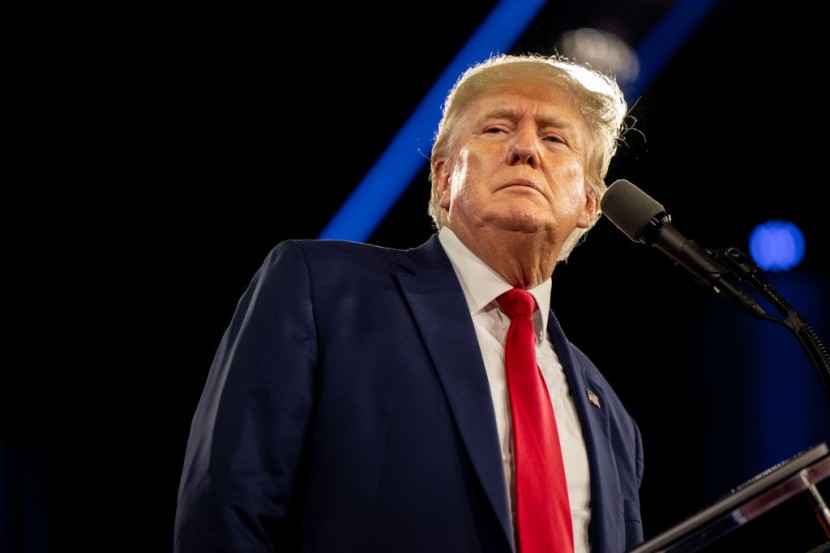
A search warrant that was only recently published on Friday reveals that the FBI is looking into Donald Trump for a possible Espionage Act violation and has already retrieved sensitive materials from his Florida residence.
Trump was found to have several documents, including one marked "TS/SCI," the highest level of government classification, a handwritten note, and another item marked "Info re: President of France," according to the receipt that accompanied the search order.
FBI Seizes "Top Secret" Documents From Trump's Mar-a-Lago Estate
An item marked "Executive grant of clemency re: Roger Jason Stone, Jr." (a reference to one of Trump's closest confidants who won a pardon in late 2020) was also confiscated from Mar-a-Lago this week.
The search warrant reveals that federal law enforcement was looking into Trump for records removal or destruction, obstruction of justice, and violations of the Espionage Act, which can include offenses other than espionage, such refusing to give over sensitive information when asked. If found guilty under the laws, he may be sentenced to jail time or pay a fine, as per Politico.
The records highlight the tremendous national security threat that federal investigators felt the missing documents provided. The Justice Department sought their public publication amidst ferocious assaults by Trump and his GOP supporters. Because of the growing concern, Attorney General Merrick Garland last week gave his approval for an unprecedented search of Trump's properties.
One set was designated exclusively for viewing in specified government facilities, four were tagged "top secret," three were marked "secret," and three were designated "classified," according to an inventory made by FBI agents. The "President of France" was mentioned in yet another batch of data that was found, Telegraph via MSN reported.
A house with roughly 58 bedrooms and 33 bathrooms, on a 17-acre estate," was how the warrant characterized Mar-a-Lago. The taking of "any physical documents with classified marks" was permitted. Communications "involving the retrieval, storage, or transfer of national defense information or classified material" were also to be confiscated.
Trump Denies Storing Nuclear Weapons Papers
Before leaving the White House, according to Trump's attorneys, he declassified the material brought to Mar-a-Lago, although it was unclear if he had the power to do so with the most sensitive materials. According to reports, the Justice Department was worried that if such things were kept at Trump's estate they would end up as a target for foreign intelligence services. According to rumors, some of the documents may have been related to nuclear programs, but Trump refuted this.
The action was taken after the Department of Justice petitioned the court on Thursday to unseal the search warrant, attachments identified only by the letters A and B, and the property receipt outlining the items seized during the search. Trump personally announced the search, but the Justice Department remained silent until Attorney General Merrick Garland made the move to unseal public on Thursday.
"Not only will I not oppose the release of documents related to the un-American, unjustified, and unnecessary raid and break-in of my home in Palm Beach, Florida, Mar-a-Lago, I am going further by encouarging the immediate release of those documents," Trump wrote late Thursday night in a post on his own social media platform, as per USA Today.
Related Article: Donald Trump Mar-a-Lago Raid: Attorney General Merrick Garland Confirms He Signed FBI Search, But Did Trump Support It?
@YouTube
© 2025 HNGN, All rights reserved. Do not reproduce without permission.








